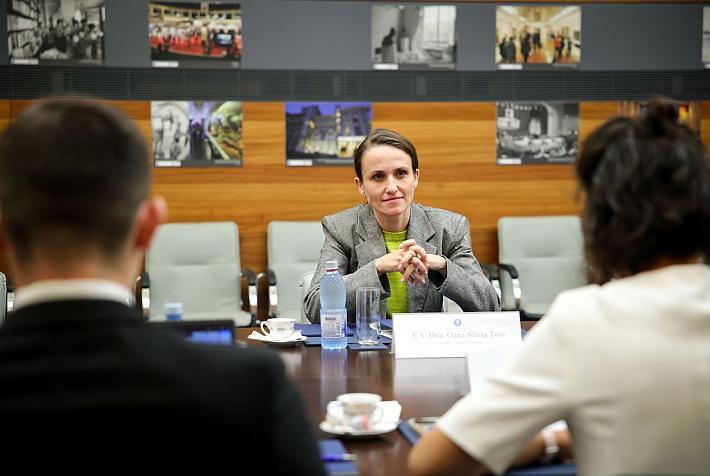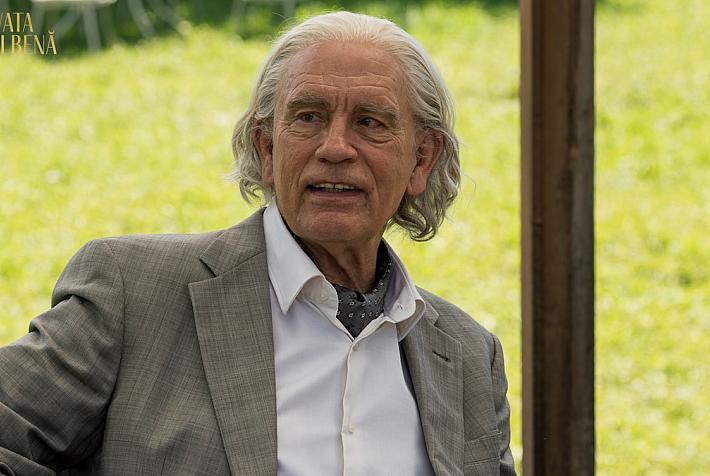One third of Romanians will be over 65 in 2050, studies predict

 Romania lost 1.7 million people and the population aging was constant in the last two decades due to low birth rates and migration, according to studies. Romania's population, currently staying at around 21 million people, is also expected to decrease in the next two decades, while the negative growth rate will accelerate between 2030 and 2050. The aging process will also accelerate. The ratio of people aged over 65 and of those over 80 will increase within the country's total population. Romania is expected to have 16 million people in 2050, compared to 19 million in 2030.
Romania lost 1.7 million people and the population aging was constant in the last two decades due to low birth rates and migration, according to studies. Romania's population, currently staying at around 21 million people, is also expected to decrease in the next two decades, while the negative growth rate will accelerate between 2030 and 2050. The aging process will also accelerate. The ratio of people aged over 65 and of those over 80 will increase within the country's total population. Romania is expected to have 16 million people in 2050, compared to 19 million in 2030.
“We note that the population is not only aging, but that people also live longer”, said Francois Farah of the United Nations Population Fund (UNPFA) Romania.
The increasing number of octogenarians is a result of a higher life expectancy. In the early 90’s, less than 2 percent of the Romanians were octogenarian. Today, they account for 3 percent and the trend is growing. This will most likely put pressure on the pension system in the country, as a lower number of young employees will contribute to the pensions system for a higher number of retired people.
Irina Popescu, irina.popescu@romania-insider.com











